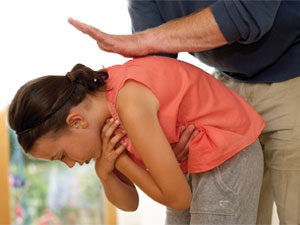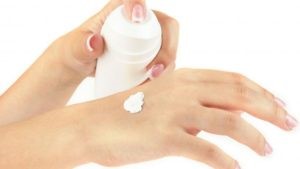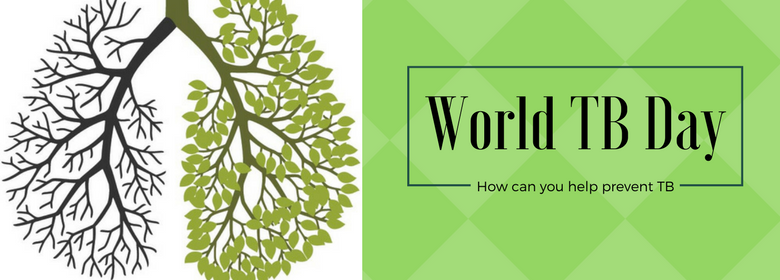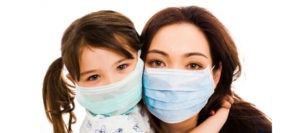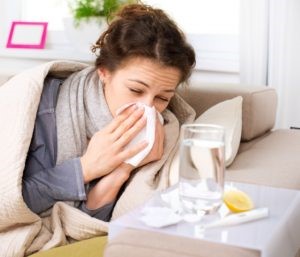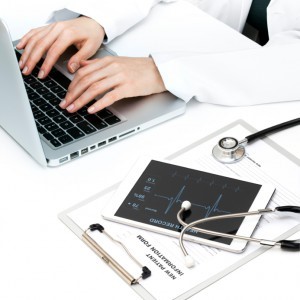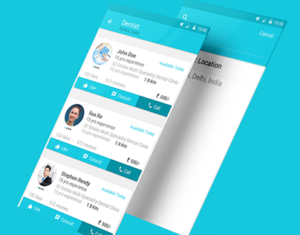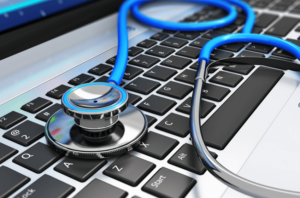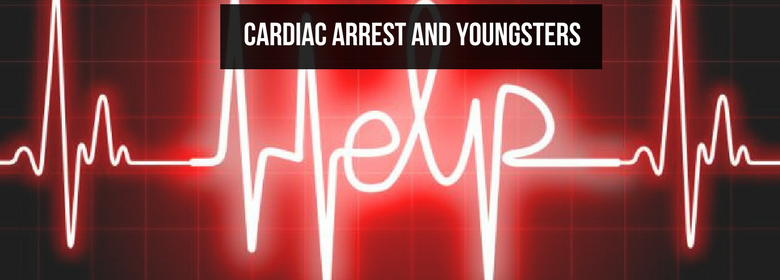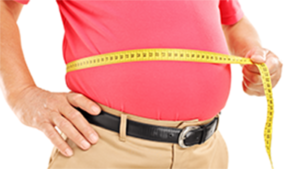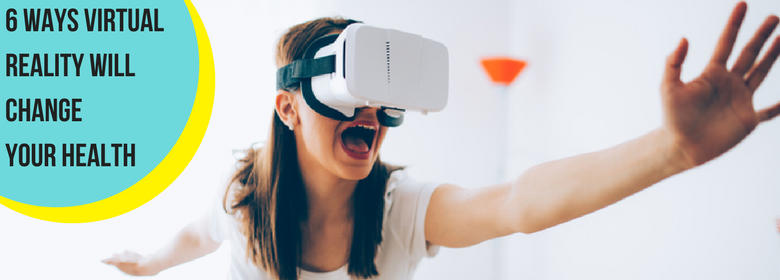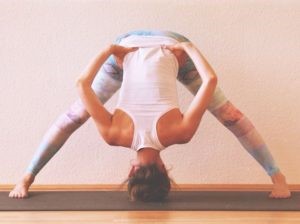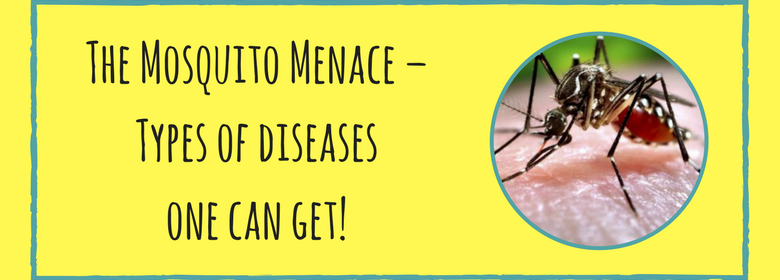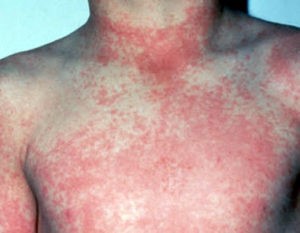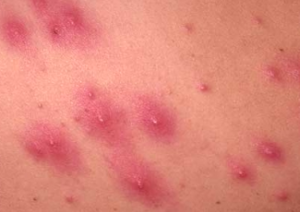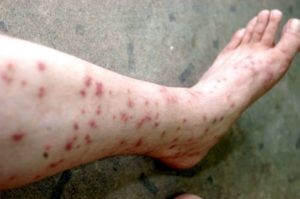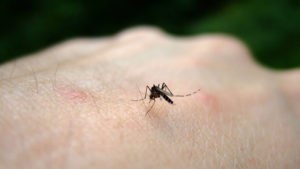Tips to stay safe from Malaria

It’s summer and a vacation is likely to be on the cards. When picking out your destination, you may have done extensive research on accommodation, weather and all the fun activities you can indulge in. However, is there a small but significant aspect that you may have left out – The health factor?
There are a number of diseases and infections that you can catch in different countries. But if you are picking an exotic location where greenery and wildlife abound, then your biggest threat are mosquitoes. Out of all the mosquito borne infections, malaria is the most common and easy to contract.
This World Malaria Day, make a note of these quick tips to ensure that you prevent and protect yourself from this disease:
1. Knowledge is health
Make sure you are well informed about your destination and the level of risk to contract malaria. Some factors to be considered are: Influx of mosquitoes during summer, duration of your stay, clothing for the activities you are planning to do and your accommodation.
2. Armed to keep out
If you are planning a trip that involves outdoor stay, then keeping the essential repellants handy is a no-brainer. You will also most probably need a mosquito net specialized to keep the pests out.
3. Accommodation
When planning your trip, try to choose places to stay that have fewer mosquitoes. If possible, stay in screened quarters or quarters with air conditioning. Mosquitoes hate closed rooms with cool circulating air. Ensure that you don’t stay next to lakes, ponds or any object that could potentially carry stagnant water.
4. Wardrobe Essentials
You’ll reduce the number of mosquito bites you get if you wear long pants and sleeves while you’re out and about during the day. Bring high-quality lightweight clothing that will allow your body to breathe while protecting you from bites.
5. Medical Safety
Before you travel or if you are a resident of a mosquito prone country, an inspection with a registered medical practitioner is mandatory. Getting a screening done periodically and taking shots or medication that will help against the disease is absolutely essential. Do remember to carry the prescription during travel and keep a stock of medication handy.
References:
http://www.nhs.uk/Conditions/Malaria/Pages/Prevention.aspx
http://www.wanderlust.co.uk/planatrip/inspire-me/lists/5-ways-to-avoid-getting-malaria

